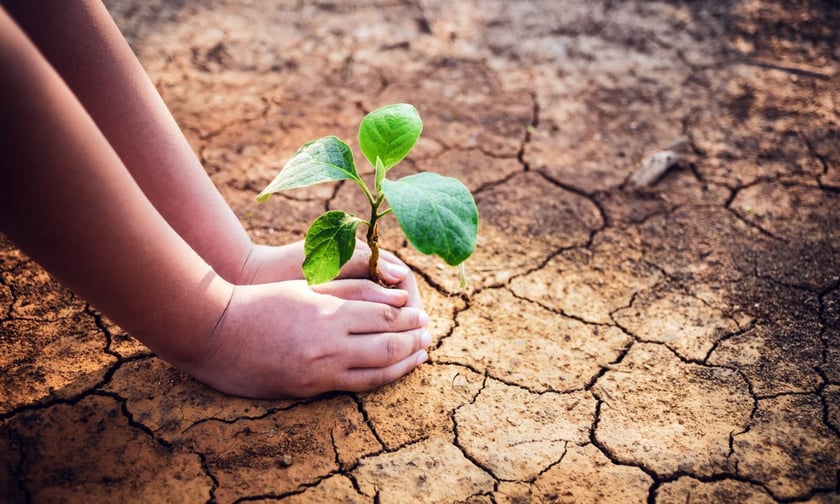

A study from the University of Cambridge Institute for Sustainability Leadership (CISL), supported by risk analysis from the global insurance group Howden, indicates that the smallest and most vulnerable nations could lose more than their entire GDP due to extreme climate events in the coming year. These risks, primarily faced by Small Island Developing States (SIDS) and other susceptible countries, point to the urgent need for effective financial solutions.
The findings have highlighted the potential of risk-sharing systems to offer financial security to countries vulnerable to climate-related disasters. This research focuses on the economic effectiveness of such systems in mitigating financial impacts on these nations.
The report also proposes a model for loss and damage (L&D) implementation, suggesting that the financial risks faced by these countries could be significantly reduced through the use of insurance and capital markets. The model indicates that potential losses could be brought down to only 10% of GDP.
Incorporating insights from leaders in both the Global South and developed economies, the study outlines a strategy for L&D implementation across 100 climate-vulnerable, less developed countries. It suggests mobilizing donor funds to leverage substantial resources from insurance and capital markets, providing immediate and sustained financial protection through 2050.
As the global community gears up for COP28 in Dubai, the report, titled “Risk sharing for Loss and Damage: scaling up protection for the Global South,” offers a strategic pathway for L&D implementation. The discussion at COP28 will focus on the utilization of L&D funds, regardless of the final negotiated outcomes.
The research quantifies the losses that small, climate-vulnerable countries in regions like the Pacific, Caribbean, and Indian Ocean are currently facing. Predicted losses range from 50% to over 100% of annual GDP due to severe weather events. These losses could increase by approximately 0.5% per year, reaching 10-15% by 2050 solely due to climate change.
Despite these escalating risks, the study shows these economies remain insurable under the proposed plan. An estimated $1 billion in donor-supported annual premiums could protect the world's 30 smallest and most climate-vulnerable countries against losing more than 10% of their GDP from climate shocks. This would be achieved through a mechanism known as "Umbrella Stop-Loss Protection."
The study further demonstrates that such financial protection could be sustained through 2050, offering these countries the financial stability needed for long-term planning, investment attraction, and decisions on resilient development and climate adaptation.
Expanding the scope, the analysis illustrates how risk-sharing could be a crucial component of the L&D solution for all recipient countries. An annual pure premium of $10 million per country, supported by donors, would translate to approximately $25 billion in guaranteed financial protection for 100 countries, ensuring significant pre-arranged financial support for their most critical needs.
“The pure maths and dispassionate economics in this analysis are clear. Risk sharing systems empower hard won loss and damage funds to provide structural financial security to the widest range of vulnerable countries,” said Rowan Douglas CBE, climate, risk and resilience CEO at Howden. “We can mobilize existing expertise, institutions, and partnerships to put this essential protection in place quickly. With this groundbreaking research by CISL, world leaders are guided by an action plan based on a bedrock of open science, rigorous analysis, shared alignment, and collective purpose.”
What are your thoughts on this story? Please feel free to share your comments below.
